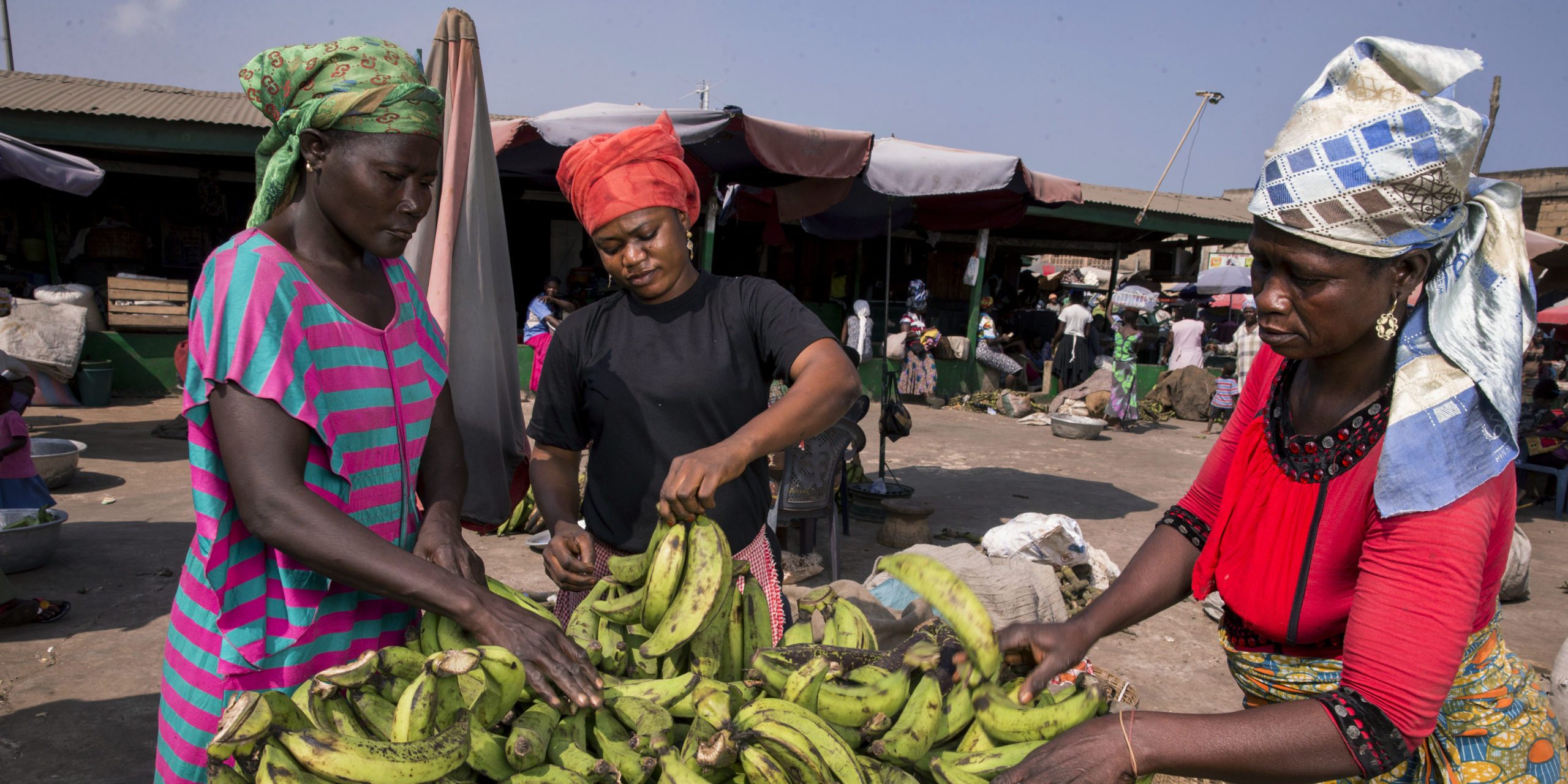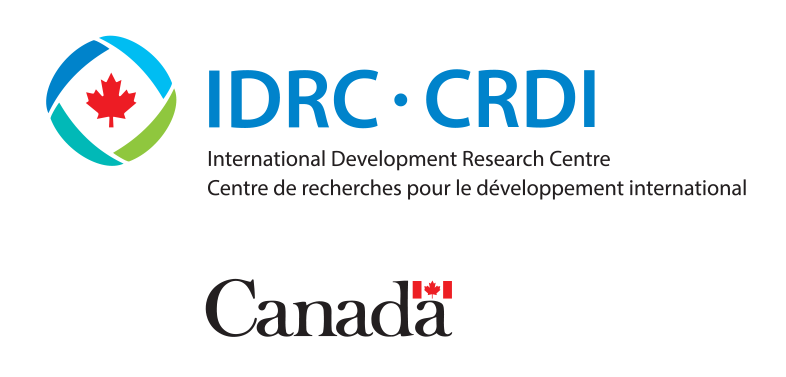
Clean energy entrepreneurship presents significant challenges for women, including limited access to funding, limited networking, lack of access to partnerships, challenging cultural norms, limited workplace flexibility, and lack of mentorship and training. While these barriers are common across different sectors, their impact on women in the sector is particularly pronounced in the renewable sector due to the sector’s heavy reliance on technology and its male-dominated nature.
With support from the International Development Research Centre (IDRC), ANDE and 2X Global has launched a new initiative which will fund actionable research that aims to build the evidence base on these barriers and potential solutions. After receiving over fifty eligible proposals from Sub-Saharan Africa, Latin America, and the Caribbean the project has funded six research projects on women in the clean energy sector, each receiving up to USD 60,000 in financial support. While each research team has a unique timeline, reports are expected to be available by April, 2026.
Announcing the teams of researchers and practitioners selected:
Research Teams & Topics in Sub-Saharan Africa:
Indalo Inclusive South Africa NPC & The Broker’s primary research question explores how gender responsive practices implemented by entrepreneur support organizations (ESOs) impact participation and outcomes for female entrepreneurs in the clean energy sector in South Africa. The research is set to focus specifically on entrepreneurs involved in photovoltaic (solar) energy. Engaging major stakeholders in the field of clean energy, the project will explore the role of ESOs in mitigating the existing challenges that entrepreneurs face to collectively facilitate knowledge exchange and discover creative solutions to existing barriers. Primarily using a qualitative research approach through case studies, interviews, surveys and an in-depth review of existing literature, the study aims to produce an actionable toolkit for ESOs in Africa and beyond to integrate a gender-lens in their support model.
National Association for Women’s Action in Development (NAWAD) & Makerere University aim to increase women’s employment in Uganda’s briquette industry which currently remains a highly male-dominated sector. Uganda remains overly dependent on non-sustainable use of biomass for energy, which accounts for over 89% of the country’s energy consumption. While briquettes are a reliable alternative to firewood as cooking fuel, they are not popular amongst everyday Ugandans due to poor quality, unreliable supply of inputs especially during the rainy season, and conservative briquette machinery that do not favor women. Researchers in this project will examine the impact of providing more efficient and gender inclusive briquette machines to increase female participation in this industry while also exploring more sustainable inputs in production. With a higher energy conversion rate than charcoal, briquets could be a staple source of cooking fuel in Uganda while also empowering its female workforce. This study will explore how the implementation of more efficient technology and infrastructure may impact female participation in the clean-energy workforce.
Solar Sister & 60 Decibels will explore the spillover effects of sustainable solar energy adaptation on women in rural Nigeria, Tanzania, and Kenya. The study will also explore how Solar Sister’s social network and training model impact the livelihood of women entrepreneurs in terms of their decision-making, and finances, and how the training equips women with transferable skills that could be applied to make a meaningful impact on other areas of their life. Contingent on their findings regarding the program’s effectiveness, the researchers aim to scale their model in order to serve more communities while the insights from this study can help other programs replicate this model in other localities.
Research Teams & Topics in Latin America and the Caribbean:
Mujeres Empresarias & Universidad de Concepción will establish a Community of Practice (CoP) to stimulate entrepreneurship and innovation among women in the cleantech sector in Chile and examine its effectiveness. The program aims to impact around 350 women in cleantech and build the CoP around 200 professionals at the national level. Through quantitative and qualitative analysis, the team will analyze the CoP’s impact on participants’ entrepreneurial skills, business performance, and network strength. The research will also provide a blueprint of best practices that influenced the CoP in Chile, which could be tailored to fit the needs of entrepreneurial ecosystems elsewhere. Researchers will review services that are tailored for women entrepreneurs such as acceleration programs, provide online capacity development training, and also introduce a three month long mentorship and networking program for women in this sector. Using qualitative and quantitative methods, the research will determine the treatment effect of CoP support against a control group to test if mechanisms in place yield desired empowerment for female entrepreneurs.
The Caribshare Company Limited & Universidad de Ingeniería y Tecnología aim to address the issue of limited financing and networking opportunities for female clean energy entrepreneurs in the Caribbean. Focusing specifically on Jamaica, the study will explore the feasibility of a cooperative to support female renewable energy entrepreneurs. Renewable energy cooperatives (RECs) allow people to participate in local-scale energy generation instead of being ‘end-of-wire’ recipients of a centralized energy system. While this bottom-up approach has been applied in more industrialized economies, such programs are rare in developing economies, let alone in a gender-inclusive manner. Through its qualitative methodology, the study stands out by filling the stark lack of research surrounding renewable energy entrepreneurship in the Caribbean, offering important insights to practitioners and entrepreneurs alike.
Researchers will conduct extensive interviews and focus group discussions with stakeholders in the renewable energy sector of Jamaica to understand the challenges and needs of entrepreneurs alongside their perspective on the cooperative model as a way to address these issues. Incorporating practitioner insights with case studies and surveys, the end product of this project will be an action oriented report offering a guide to implement the cooperative model to support female clean-energy entrepreneurs.
Unreasonable Institute Mexico & Bitacora Social will segue from the typical economic and sociological research methods and investigate women’s decision making processes in Mexico’s energy transition through an anthropological lens. Using qualitative methods, the study will analyze in what ways women’s social roles could alter as a result of energy transition and how they navigate the changes in their responsibilities and expectations. As the world stands in the crossroads of clean energy transition, the project will delve into how the products and services provided by two solar companies namely – Iluméxico in the rural areas and Kessel Solar in the urban areas impact women’s livelihood. The integration of superior energy solutions not only optimizes daily tasks, but may also reconfigure responsibilities in Mexican families. This research will help policy makers better understand the social implications of energy transition in the socio-economic and cultural standing and decision making of women in the society.

